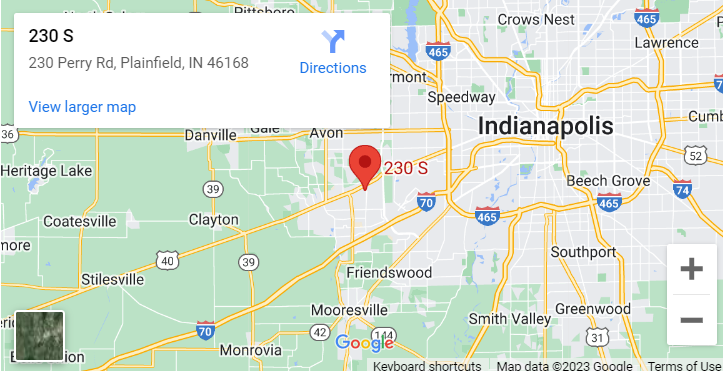Credit Protection Tips While Surfing The Internet
A person’s credit information is vital. If it reaches malicious hands, the identity of this person can be stolen and be used in ways that will eventually destroy that person’s credit and credibility. A person who does not protect his credit information can be easily victimized by identity theft.
In the good old days, credit protection is easy. There is only one thing to remember: do not provide financial information to a stranger unless that stranger is someone that can be trusted. Thus, it is safe to give the social security number when applying for a driver’s license but it is dangerous to give that same number to someone who claims to be selling insurance policies through the phone.
Today, credit protection becomes complicated with the popularity of the internet. Thousands of internet surfers are careless in giving away information about their life. And the new internet users are simply trigger happy in clicking all kinds of links. They don’t realize how dangerous it can be when a person goes online.
However, there are simple and effective ways of dealing with cyber criminals who are out to steal identity. Every person must be familiar with these ways before they even begin to surf. Here are some examples of these credit protection tips.
• Physical Location – Any company that is selling an item and asking for credit card information must display the address of its physical location in its website. If it is the person’s first time to encounter such company, it is wise to first check if such physical location actually exists. If it cannot be found, then that company should be regarded suspiciously and credit card information should be withheld.
• Credit Reporting Agency – One important aspect of credit protection is credit monitoring. A credit reporting agency (CRA) can quickly identify, usually within a month’s activity, if a person’s credit information is being illegally utilized by another. In the United States, the three major credit reporting agencies are Equifax, Experian, and TransUnion. It is also a good idea to have one of these CRAs create a security watch so that the people who are obtaining credit information will be limited.
• Firewall Protection – As technology advances, the thief’s tricks of his trade also advances. The cyber-thieves have learned how to hack into a computer and steal information. The best way to ensure credit protection is to install a security system inside the computer. This security system must be constantly updated so that it will have the capacity to block off new strategies in hacking into a computer. If the computer’s security system is neither robust nor effective, it is recommended that a personal firewall is created. To be a hundred percent sure, a person should never store any personal credit information in his computer.
The internet is not the culprit when identity theft happens. The internet is just a tool, albeit a high-technology one. The real culprit is the thief which uses the internet. With the credit protection tips described above, a person can set up defenses against such thieves by also using the internet.



